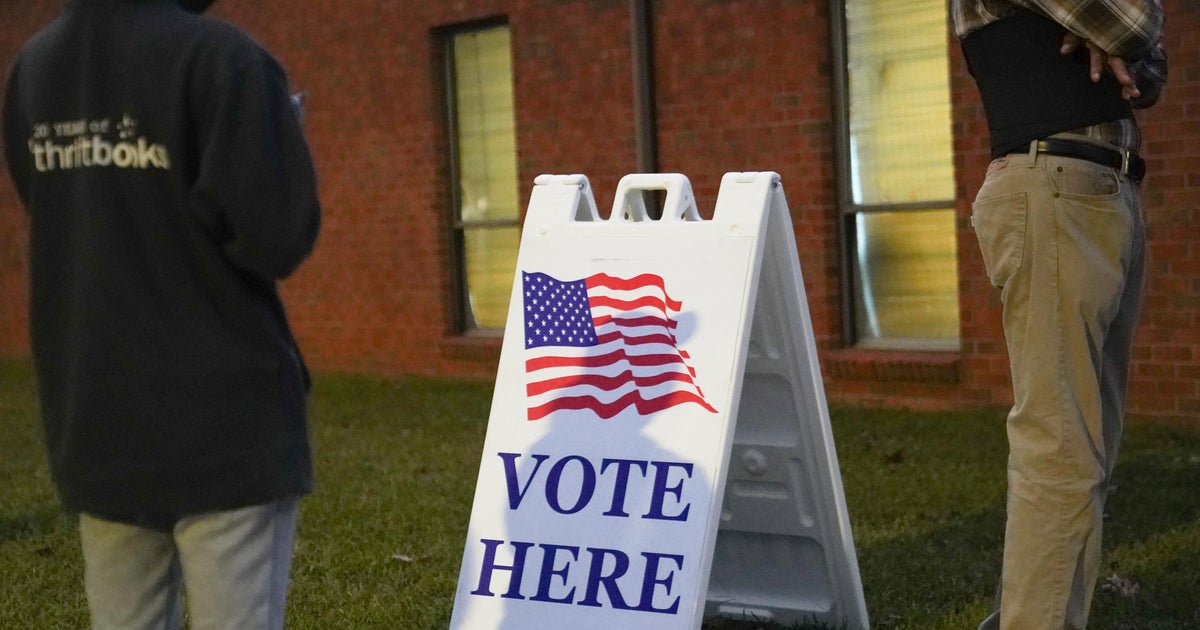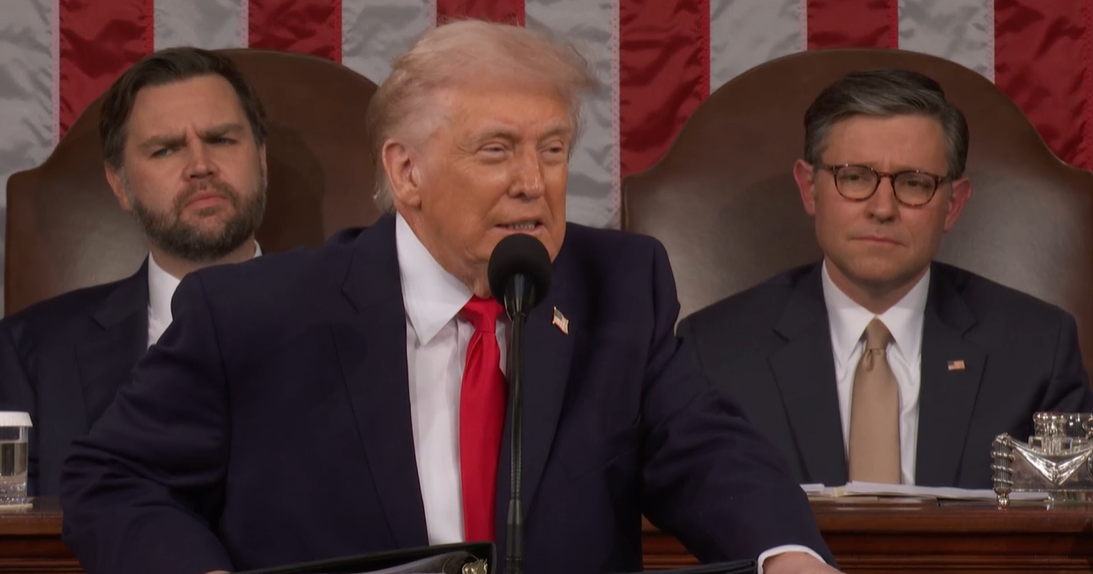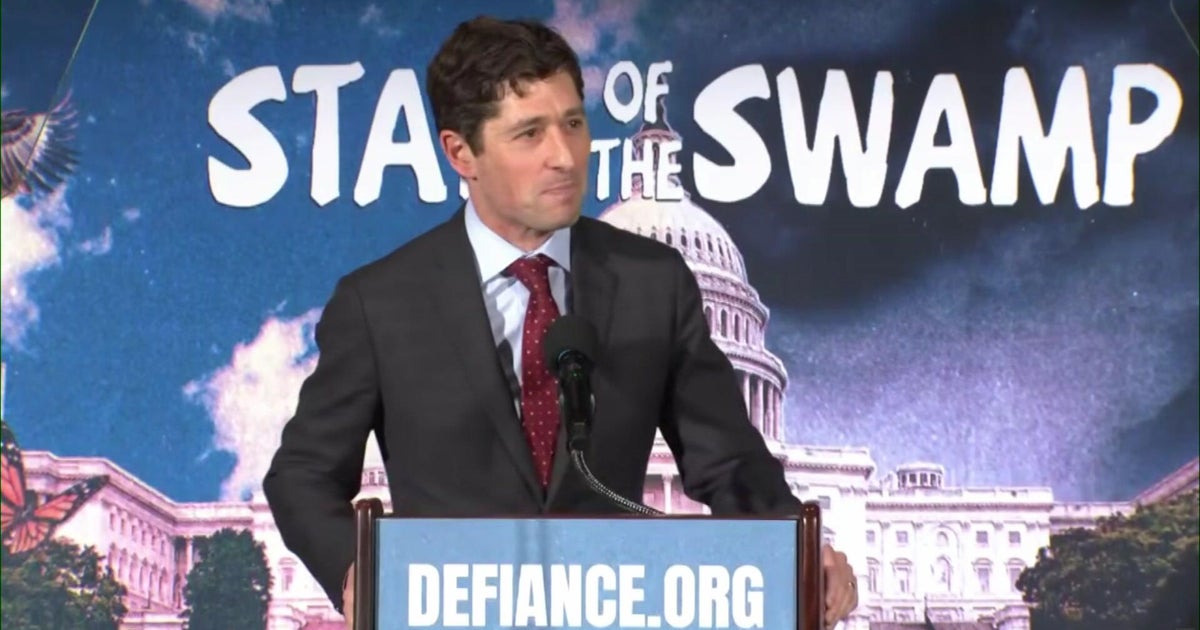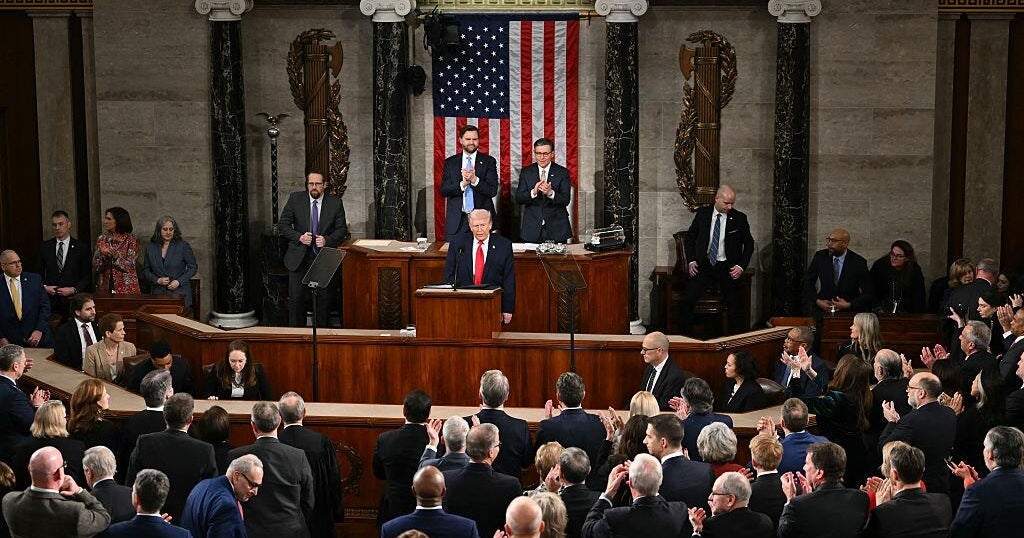Polarized Politics Dictated Obama Keystone Call
Follow CBSDFW.COM: Facebook | Twitter
WASHINGTON (AP) - President Barack Obama's decision to block the Keystone XL oil pipeline has exposed an endlessly polarized Washington, and likely hardened its divides.
Obama is now being praised to the skies by environmentalists and most Democrats, and denounced in apocalyptic terms by Republicans and the business community. And although environmental issues once produced bipartisan agreement in Congress, consensus on action to increase energy production or deal with climate change looks farther away than ever.
"This became a tribal issue of bizarre proportion," said Jason Grumet, president of the Bipartisan Policy Center.
Grumet said voters support Keystone and infrastructure projects, as well as action on climate change. "And unfortunately rather than recognizing the opportunity to do both, we now have a country that's essentially doing neither," he said.
Seven years in the making, Obama's decision to reject the Keystone pipeline to carry crude oil from Canada to the Texas Gulf Coast was not a foregone conclusion, at least not initially. From one perspective the pipeline is merely an infrastructure project, unlikely to cause major lasting impacts on jobs or the environment, according to government analyses. In 2010, then-Secretary of State Hillary Rodham Clinton said her department was inclined to sign off on it.
But that same year Democrats lost control of the House after infuriating Republicans by forcing through a bill cutting greenhouse gas emissions. Legislative efforts on climate change were declared dead, and environmentalists began shifting their focus onto the executive branch, seizing on Keystone as a place to make their stand.
As environmentalists staged protests and chained themselves to the White House gates, Keystone transformed into a litmus test for both sides. In the Republican view, opponents of the project were backing environmental extremism over jobs. Ask Democrats, and the project meant environmental destruction and a giveaway to the fossil fuels industry in place of sensible action to curb climate change.
Clinton announced her opposition to the project in September as she campaigned for president, and in the wake of that announcement Obama may have had little choice but to follow suit, given the intense pressures he faced. Those pressures would only have intensified heading into international climate talks in Paris later this month.
In the view of some, the debate became unchained from reality, an election-season wedge issue that forced Republicans and Democrats into their corners, each denouncing the other as extreme. Not so long ago legislation like the Endangered Species Act and the Clean Air Act won bipartisan support on Capitol Hill, but in today's atmosphere such cooperation looks almost unimaginable.
"The polarization is extreme. There was a time when there was a bipartisan consensus on the environment," said Democratic Sen. Brian Schatz of Hawaii. "Our voters want us to work together on these issues, but the political ecosystem surrounding the Congress benefits from these issues as litmus tests rather than as urgent problems that require our leadership."
Despite the corrosive politics, Keystone commanded the support of nine Senate Democrats when it came up for a vote at the beginning of this year. That includes some lawmakers in states on or close to the pipeline route and standing to benefit from construction jobs. Several of them, including Democratic Sen. Heidi Heitkamp of North Dakota, will face voters in 2018, when she will have to explain away her support for a president who rejected the project — or use the issue to show her independence from national Democrats.
In an interview, Heitkamp complained about the ability of the environmental movement in successfully converting the issue into a political campaign, which they won.
"If in fact the model now is that you exert a tremendous amount of pressure in ways that are factually incorrect to stop any development of critical infrastructure for energy in this country, this is a bad, bad, bad decision," Heitkamp said. "I don't think this is a decision based on facts. I think it's a decision based on politics."
On the other side, Republicans who might be inclined to cross the aisle and support Democrats on environmental issues risk accusations they are throwing their lot in with extremists. GOP Sen. Kelly Ayotte of New Hampshire, up for re-election in a swing state next year, has drawn criticism and talk of a primary challenge since breaking ranks last month to back the Obama administration's plans to reduce emissions from power plants, although her positioning could help her in the general election.
Other vulnerable GOP senators from states including Illinois and Wisconsin will face similar considerations when Senate Majority Leader Mitch McConnell brings up legislation aimed at blocking the power plant plan, as he's promised to do. There may also be renewed legislative attempts to undermine Obama's action on Keystone. Democrats insist most such votes will only help them, given polling data showing the majority of voters wants to see action to reduce greenhouse gases. But Republicans led by McConnell from coal-dependent Kentucky intend to press their attacks on administration environmental regulations — in the absence of any agreement on positive steps to take on energy and the environment.
Said McConnell: "Republicans have no intention of giving up on common-sense jobs ideas like Keystone."
(© Copyright 2015 The Associated Press. All Rights Reserved. This material may not be published, broadcast, rewritten or redistributed.)







